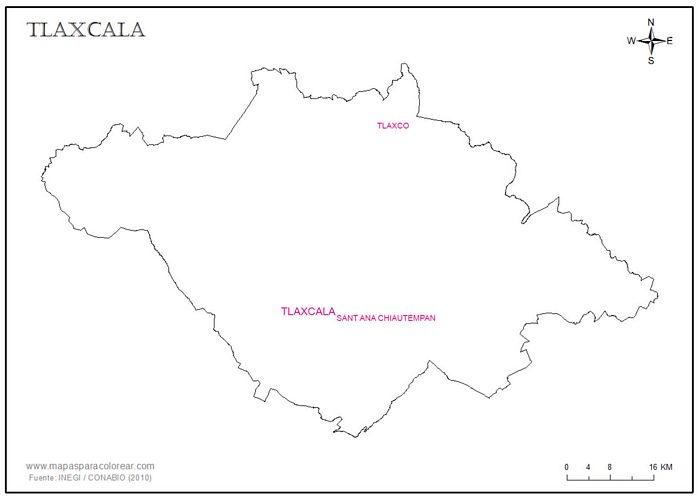Private issues

Just as elsewhere in the Republic, Tlaxcala must have had some private issues. On haciendas and in factories tiendas de raya were installed in the factories, where workers received as part of their salary vales that they could redeem in the tienda. Usually, these stores were in the hands of relatives or friends of the managers or the owners of the factories, and according to several groups of workers, the prices there were always 10% or 15% higher than in any other store.
There are some mentions of abuse. For example in 1908 a newspaper article explained that in the Tlaxcala textile mills of La Elena, La Trinidad and San Manuel, “tokens and tickets are the money which the unfortunate worker is paid with”El Paladin, 30 August 1908 “Siguen las tiendas de raya. Los industriales no cumplen con lo convenido ante el Presidente de la República”.
The only two mentions in the state archives are as follows.
Tlaxco
La Testamentaría Trinidad Sánchez Salinas
At some time this firm, in the Hacienda de Atequilla, in Tlaxco, District of Morelos issued vales to pay the workers in the sawmills. There were three denominations: 5c[image needed], 20c[image needed] and 50c[image needed] and the 5c had a portrait of Bienvenida Llano Sánchez, daughter of María del Carmen Sánchez, owner of the company.
Santa Ana Chiautempan
La Providencia
On 8 September 1914 Manuel ConchaThe Concha brothers had two factories in Santa Ana Chiautempan, Xicohténcatl, founded in 1894, and La Providencia, founded in 1901. Manuel Concha took over sole ownership in 1904 (El Correo Español, 23 September 1904). He also owned the ranch La Aguanaja, from Santa Ana Chiautempan, owner of “La Providencia”, a factory on the banks of the Zahuapúan river that made woollen yarn and fabrics, wrote to the Governor asking for permission to issue vales to pay his workers. The lack of small change made it impossible to make up his weekly wage-bill. He proposed issuing between 200 and 300 pesos in printed notes of 5c, 10c, 20c and 50c, payable to the bearer, acceptable by local businesses and to be exchangeable for government issues of equal value when presented in sums of whole pesos (to be used again on subsequent paydays). He attached examples of the proposed notes. The notes would be retired when the lack of small change had been rectified. The governor gave his approval on 11 SeptemberAHTlax, Fondo Histórico, Sección Revolución Régimen Obregonista, Serie Hacienda y Guerra, Caja 45, Exp. 13, Fs. 10.
However, on the night of 12 November a band of “malefactors” attacked his properties, robbing everything from the factory and destroying almost all of the machineryAHTlax, Fondo Histórico, Sección Revolución Régimen Obregonista, Serie Hacienda y Guerra, Caja 74, exp. 18: The Mexican Herald, 17 November 1914: El Correo Español, 17 November 1914 so Concha might not have had the opportunity to start using his currency.
